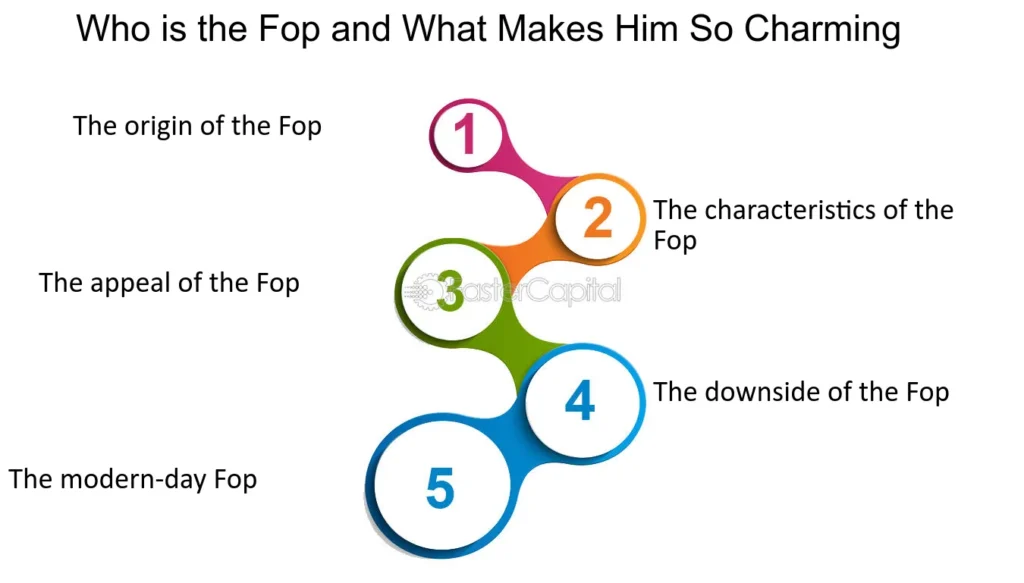A well-placed joke can lighten the mood, break the ice, and forge a connection. But sometimes, it’s not about roaring laughter; it’s about that subtle sense of humor that adds a touch of wit and charm to any interaction. This type of humor is understated, intelligent, and often leaves people with a knowing smile rather than a guffaw.
This article will explore the nuances of subtle humor, examining its definition, benefits, and practical applications. We’ll delve into different types of subtle humor and provide tips on how to incorporate it into your daily interactions, adding a touch of sophistication and charm to your communication style.
Subtle Humor Defined
Subtle humor is like a whisper compared to a shout. It relies on wit, irony, sarcasm, or clever wordplay that requires a bit more thought and understanding to appreciate. Unlike slapstick or overtly silly jokes, subtle humor often stems from observing the absurdities of life or finding humor in unexpected places.
It’s about making people think, chuckle inwardly, and perhaps even share a knowing glance. A master of subtle humor can turn an ordinary conversation into something engaging and memorable with a well-timed quip or a dry observation.
The Power of Implication
One key element of subtle humor is the power of implication. Instead of stating something directly, a subtly humorous person might hint at it, allowing the listener to draw their own conclusions and find the humor in the unspoken. This creates a sense of shared understanding and intellectual connection.
Avoiding Clichés and Overused Jokes
Subtle humor thrives on originality and freshness. It avoids relying on tired clichés or overused jokes that have lost their impact. Instead, it seeks out unique perspectives and unexpected connections to create genuinely amusing moments.
Benefits of Subtle Humor
Incorporating subtle humor into your interactions can bring a wealth of benefits:
- Improved Communication: Subtle humor can make conversations more engaging and enjoyable, breaking down barriers and fostering a sense of connection.
- Enhanced Creativity: Thinking creatively to come up with witty remarks can stimulate your imagination and problem-solving skills.
- Stress Relief: A well-placed joke can lighten the mood and help diffuse tense situations, reducing stress and promoting a more positive atmosphere.
Building Rapport and Trust
Subtle humor can be a powerful tool for building rapport and trust. When you share a laugh with someone, it creates a sense of shared experience and strengthens your bond.
Adding Wit to Interactions
Mastering subtle humor takes practice and observation. Here are some tips to help you incorporate wit into your daily interactions:
- Pay Attention to Details: Notice the little things in life – the irony of a situation, the absurdity of a statement, or the unexpected twist in a conversation. These details can often be the seeds of subtle humor.
- Develop Your Observational Skills: Become a keen observer of human behavior and social interactions. The more you observe, the better you’ll understand the nuances that lend themselves to humor.
Practice Dry Wit and Sarcasm (Sparingly)
Dry wit and sarcasm can be effective forms of subtle humor, but use them sparingly and with caution. Ensure your delivery is clear and your tone doesn’t come across as mean-spirited or offensive.
Types of Subtle Humor
There are many different types of subtle humor, each with its own unique flavor:
- Irony: Saying the opposite of what you mean, often for comedic effect.
- Sarcasm: A form of irony that conveys mockery or contempt through a biting tone of voice.
- Wordplay: Using puns, double entendres, or clever phrasing to create humorous effects.
- Observational Humor: Finding humor in everyday situations and human behavior.
Self-Deprecating Humor
Making light of your own flaws or shortcomings can be a charming and disarming form of subtle humor. It shows that you don’t take yourself too seriously and can help build rapport with others.
Conclusion
Subtle humor is a powerful tool for adding wit, charm, and depth to any situation. By mastering the art of understated humor, you can enhance your communication skills, build stronger relationships, and navigate social interactions with grace and intelligence. Remember, it’s not about being loud or over-the-top; it’s about finding the subtle nuances that make life more enjoyable and engaging.


